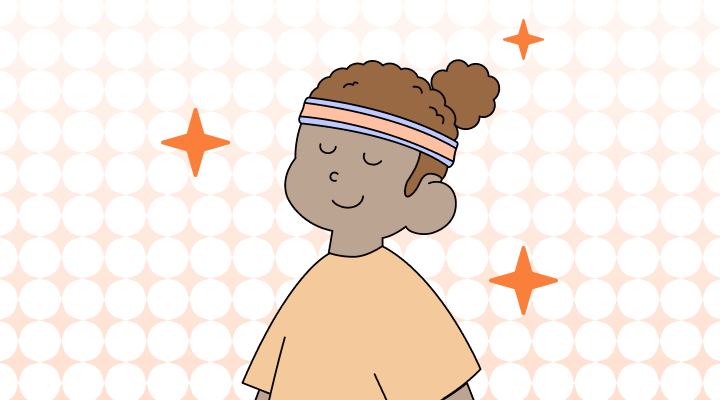We all know that spelling is an essential aspect of effective communication, whether it's in an academic paper or a professional email. But according to a 2022 study, over 63% of U.S. resumes have spelling errors! We're going to explore five strategies that will help you become a better speller, reduce those pesky errors, and get you to your dream school or job.
The Significance of Good Spelling
Typos may seem minor, but a simple mix-up can make your message unclear. For example, "principle" vs. "principal" is a common one. As nouns, "principle" indicates a guiding concept or moral standard, while "principal" refers to a leader of a school or organization.
Spelling errors don't just look wrong; they can change the entire meaning of your sentence. The second misspelled sentence implies there's a person who is a leader of fairness!
Five Proven Strategies to Become a Better Speller
1. Read as Much as You Can
One of the most effective ways to improve your spelling is to read more. The more you read, the more you encounter properly spelled words, and your brain starts to recognize patterns and common spellings. Research shows that individuals who read extensively tend to be better spellers.

2. Keep Personalized Word Lists
Keep a list of commonly misspelled words that have tripped you up in the past. Regularly reviewing and testing yourself on these words can help cement the correct spellings in your memory.
TIP: Create the list on a notes app on your phone, so it'll be convenient to access anytime.
3. Create Catchy Mnemonics
Mnemonics are clever memory tricks that can help you remember confusing spellings. Take the word, "principal," for instance. You might think to yourself, "A principal is a pal." That helps you remember that "principal" is a person, while "principle" is an idea.
Another example is the word "friend." Think "I am a friend until the end," so you always spell the "ie" in the word correctly.
4. Play Word Games
Word games are a fun and easy way to get some spelling practice in your day. Games like Scrabble, Wordle, and Words with Friends are all available as apps, or you could go old-school with a crossword or word search. You'll be enjoying the game so much, you won't even realize you're analyzing and memorizing the spelling of words. Grab a friend or two for even more fun.

5. Use Proofreading Tools
With the advancement of technology, there's no shortage of spelling and grammar checking tools. Embrace them! More and more students and professionals use these tools in their daily work. They're a simple yet powerful way to fix misspellings and learn correct spellings instantly. You might want to try Grammarly, QuillBot, or Engram, especially if you're a non-native English speaker. (Hi, yes, that's us!)

In conclusion, becoming a better speller is a valuable skill that enhances your writing and sets you up for success at school, work, and everywhere else. Ready to embark on your journey to becoming a more confident, error-free speller?
Write more effectively today with the AI English proofreader, Engram!

References:














